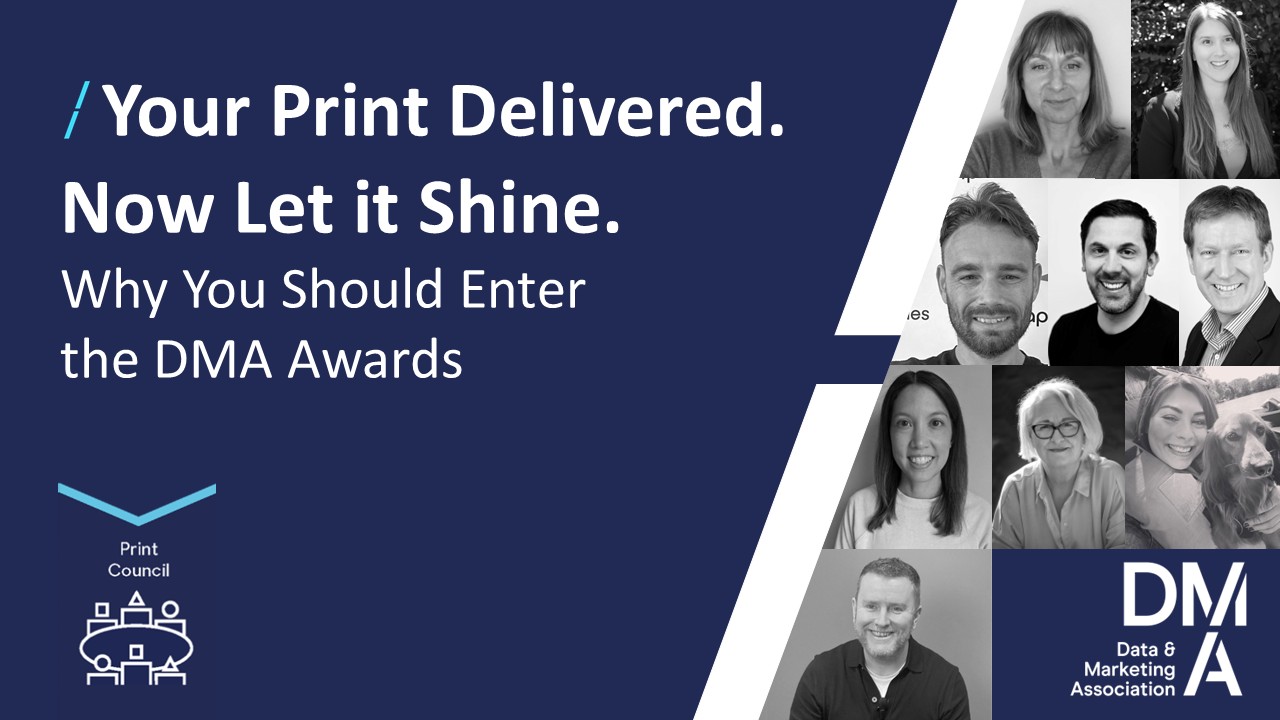HMRC clarifies rules on VAT exemptions
07 Aug 2014
Financial services brands and charities were the two big losers in April 2012 when bulk mail lost its VAT exempt status and postage costs became subject to VAT charges of 20%.
You may recall we published a guide to VAT liabilities on postal services shortly before the charges came into effect. In it we cautioned financial services brands and charities about using single sourcing to mitigate their VAT liabilities and advised businesses to seek professional advice before going down this route.
A letter from HMRC to the DMA about how the single-source rules should be applied in the supply of advertising mail VAT exemptions in postal services, a response which comes after years of chasing, suggests we were right to err on the side of caution.
The following extract from the letter clearly states that HMRC sees postage as an essential element of advertising mail, not an ancillary one and therefore does not fall within the zero- or reduced-rate category.
“If postal services are provided in addition to the printed matter itself then the supply is not a composite supply of goods to your customer, but is a supply of services as the “goods” are sent direct to the recipient rather than your customer.
Even if the supply consists of different elements such as printed matter and postage, one element is not ancillary to another because they are both essential to the overall aim of the contract.
For example, the function of the direct marketing campaign is to send out the promotional material so the postage element is at least as important as the printed matter element. This is the reason that the postage is not ancillary to the printed matter because the nature of the supply has changed and so it cannot take the same VAT liability. As this supply does not fall within the zero or reduced rate, the whole supply must be taxed at the standard rate of VAT.”
What action should DMA members take?
If you are including postage as part of a zero-rated single-source supply we strongly recommend that you stop as soon as possible and, if necessary, show customers a copy of the letter we have received from HMRC to explain why you are taking this course of action.
The HMRC letter overrides anything you may have received from your local HMRC office in the past allowing your business to include postage as part of a single source supply. However, it does mean that you may not be subject to retrospective penalties and the DMA is lobbying both HMRC and the Government to ensure businesses aren't hit with punishing back-dated penalties.
But it is important to stop using postage as part of a zero-rated single-source supply as it may weaken any appeal if you are subject to any penalties that may be applied in future following a VAT assessment.
Special case if postal charge is a disbursement
If you are a mailing house and have been treating postal charges as a 'disbursement for VAT purposes', you may be able to continue to do so. For more on this please refer to page 82 and 83 of the DMA Advertising Mail Guide.
We will be keeping a close eye on developments and will be lobbying HMRC and the Government to minimise the cost and impact on your business.
You can also contact our VAT helpdesk to get more details about the changes.
_53df393311064_5614e3762fe33-2.jpg)




Please login to comment.
Comments